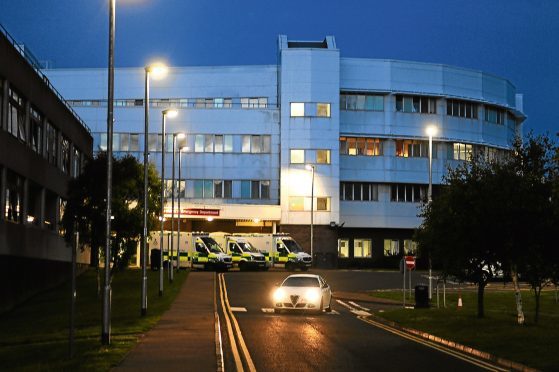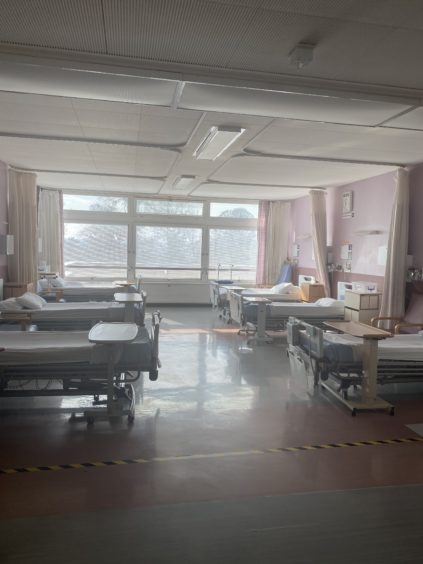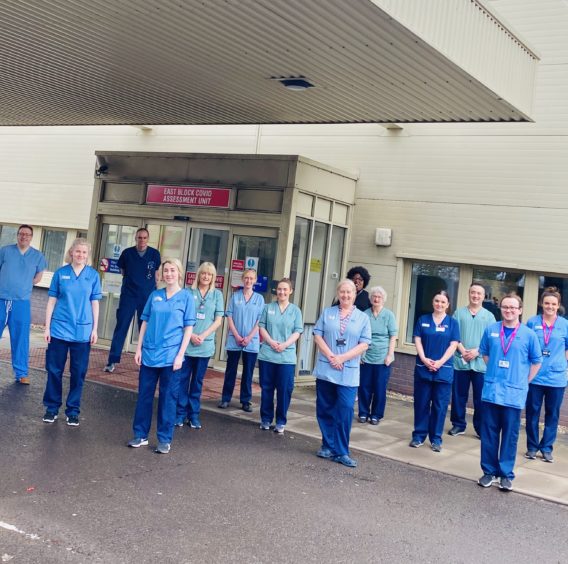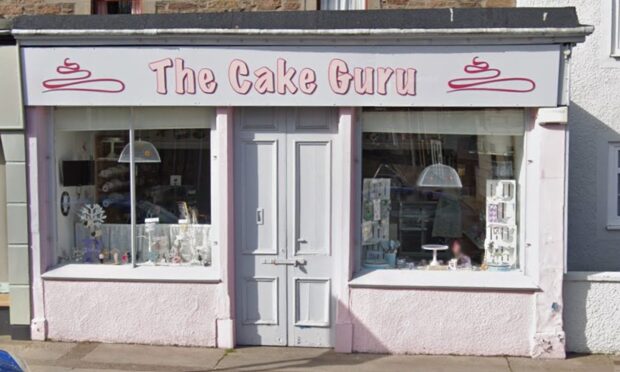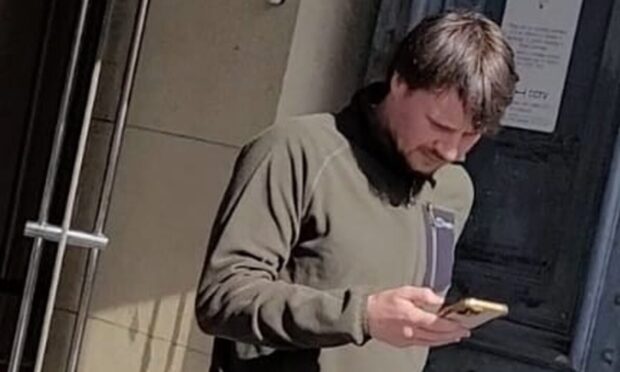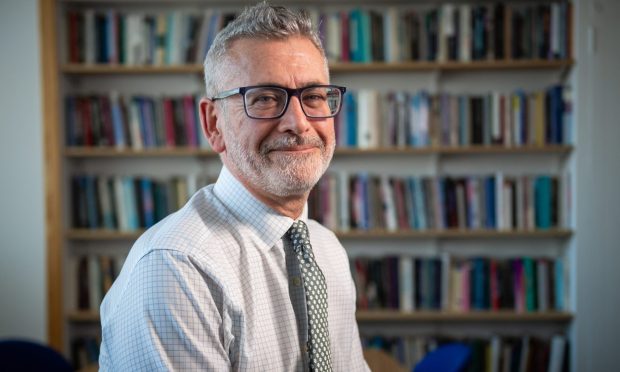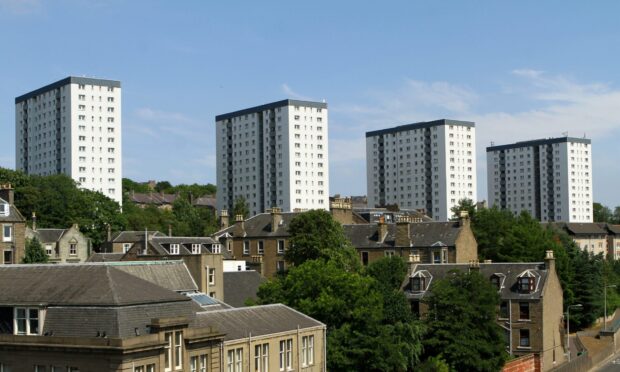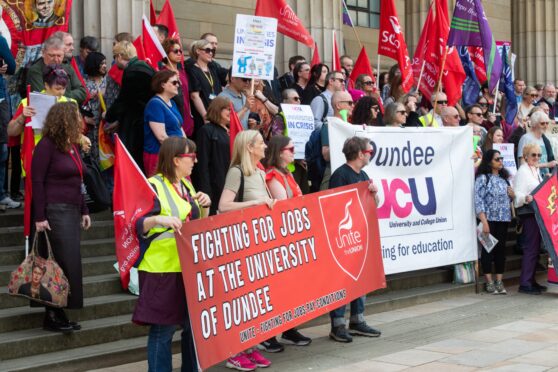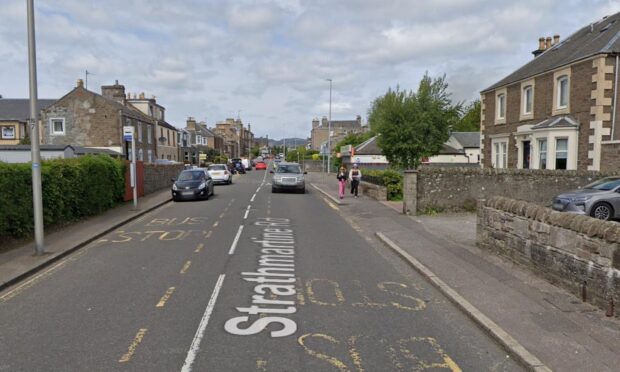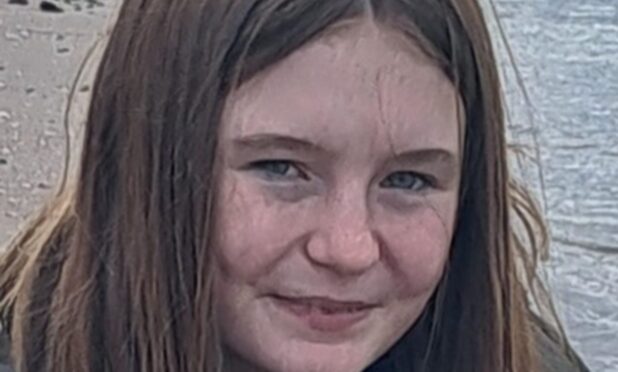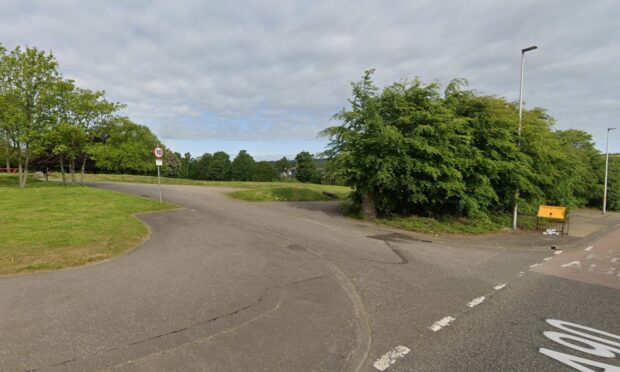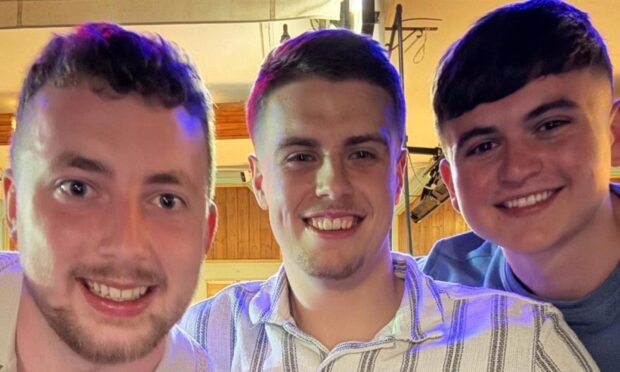Intensive care staff and lifesaving equipment are being moved from Perth to the specialist Covid-19 unit in Dundee’s Ninewells Hospital in the latest phase of NHS Tayside’s pandemic response.
The region’s strategy will now see all virus patients brought to the ‘hospital within a hospital’ which has been established at Ninewells as the outbreak’s designated response site.
Bosses say the move will increase intensive care capacity and optimise the use of specialist equipment and staff.
In a separate development, Tayside staff have successfully converted more than 25 anaesthetic machines into ventilators for the most seriously ill virus patients.
NHS Tayside said the next response phase would involve the transfer of intensive care beds, ventilator equipment and specialist staff from Perth Royal Infirmary to the frontline unit established in the re-purposed and redesigned theatre admission suite at Ninewells.
An intensive care bed will remain at PRI for the stabilisation of any patient who becomes critically unwell before they are transferred to higher dependency care at Ninewells if required.
Other critically ill patients being taken to hospital by ambulance will go directly to Dundee.
All patients who are suspected to have, or who have tested positive for the disease are currently being treated at the Ninewells facility.
It has been equipped with an assessment unit, ward areas, a High Dependency Unit (HDU) and Intensive Care Unit (ICU).
Dr Stephen Cole, NHS Tayside consultant in anaesthesia and intensive care medicine, said: “Our plans for responding to Covid-19 are phased as the public might expect.
“This means all our teams are prepared to mobilise in a systematic way and we can make timely decisions to transition to new phases of our response when clinical teams think it most appropriate.
“We are now moving to the next phase of our Covid-19 response which will increase our intensive care capacity.
“This will ensure we can optimise the use of ventilators and consolidate the majority of our specialist critical care workforce, including anaesthetists, medical and nursing staff, as part of the Covid-19 response team at Ninewells.
“This team will be working together to care for the most unwell Covid-19 patients from across the whole of Tayside.”
Consultant anaesthetist and associate medical director for the surgical care division, Pamela Johnston added, “We are so grateful to staff who are really stepping up and going the extra mile to support our response to COVID-19.
“Some of the changes we are required to make are very significant, however, our workforce across all levels and all specialties are ensuring we can keep our hospital environments safe and continue to deliver excellent care and treatment for our patients, some of whom are very unwell.
“We would like to thank them for all that they are doing in these times of personal and organisational challenge.”
The equipment conversion programme has been carried out by unsung heroes of the NHS Tayside medical physics department, which performs a crucial role in maintaining vital medical equipment used within hospitals across Tayside.
They have been converting complex anaesthetic machines which would normally be used in hospital theatres, to be used as ventilators.
The last couple of weeks has seen 26 conversions and the repurposed machines have now been now approved for use, to be deployed into the newly-created intensive care areas at the hospital.
NHS Tayside’s Head of Medical Physics, Professor David Sutton said: “With these machines now acting as ventilators it means that we can provide additional critical specialist intensive care for Covid-19 patients, as and when the need arises.
“I would like to thank the medical physics team, a group of staff who are often unseen by our patients and the public, for their dedication and hard work which is making such a difference at this time.”
Meanwhile, the health authority has also announced the closure of the Tummel ward for dementia patients at Murray Royal Hospital in Perth as a precautionary measure due to covid-19.
